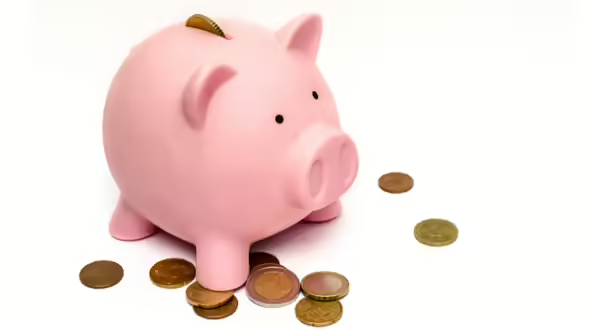
When you get your first job, your employer likely will ask you for the direct deposit number or the routing number of your bank account. Indeed, opening a checking account is one of the first steps to getting paid. Before you go to the bank you can use some of my helpful tips to answer some of the questions about opening your checking account.
First, decide which services or features are important to you in a financial institution. Credit unions usually offer lower loan rates, higher interest on savings and CD’s and offer free checking accounts than banks. However, you may want to do your own research comparing accounts at both types of institutions.
- Shop for low fees and interest rates
- A financial institution that fits around your schedule or opt into opening an account online. When are they open and are they off at the same time you are off work?
- If you write a lot of checks, check if your bank offers free checks.
- Check to see if the institution is near your home or if your institution has branches outside of your state for when you leave home and need access to your money. Most established financial institutions offer low ATM withdrawal fees and overdraft protection.
Also, did you know you can manage your finances without ever going inside a branch? Some financial institutions offer the option to open a checking account online from your computer, as well. Do your research to be sure it’s a well-known financial institution as you will be providing them with personal information.
Once you’ve chosen an institution, you will have to choose which type of checking account suits you. Usually, banks offer a variety of checking accounts: basic checking, free checking, interest-bearing checking, joint checking, and student checking.
- Basic checking accounts are typically used to pay monthly bills and charge for checks. A minimum balance is also required.
- Free checking accounts offer no charge for checks. However, not all institutions offer free checking accounts.
- Interest-bearing checking accounts yield an interest rate and may require a high minimum balance. These accounts charge fees when the minimum balance is not kept.
- Joint checking accounts are for multiple people to have access to the account.
- Student checking accounts are checking accounts with low-interest rates, low opening fees and sometimes a loan option.
Once you know which account you want to open, check the minimum balance and have the money on hand, so you can make the deposit right when you talk to your financial representative.
Lastly, check your institution’s website or call the branch for any official documents needed to open an account. The bank will generally ask for your social security number and a state-issued driver’s license. Bring these documents along with your minimum balance.
After opening your account, keep track of your finances by balancing your checkbook and/or reviewing your account status regularly. You need to know an accurate account balance to keep from writing bad checks and to detect fraudulent activity.
Now that you are ready to open an account, talk to a financial representative at a financial institution about opening a checking account. Ask them any questions you might have including what are the fees and charges, how to set up an online account and which checking account is best for your situation.
Written by Manish Raheja, Financial Wellness for College Students Peer Educator, University of Illinois Extension, Fall 2019. Reviewed by Kathy Sweedler, University of Illinois Extension.
Image credit: Les Finances